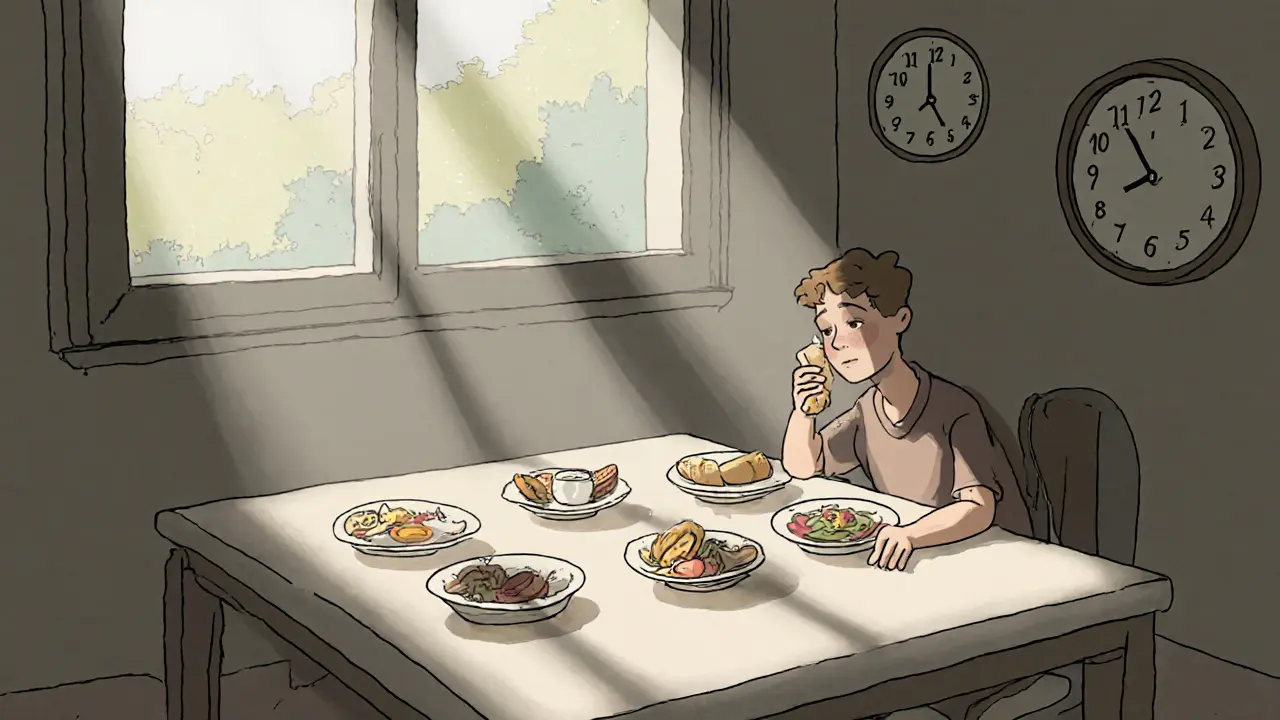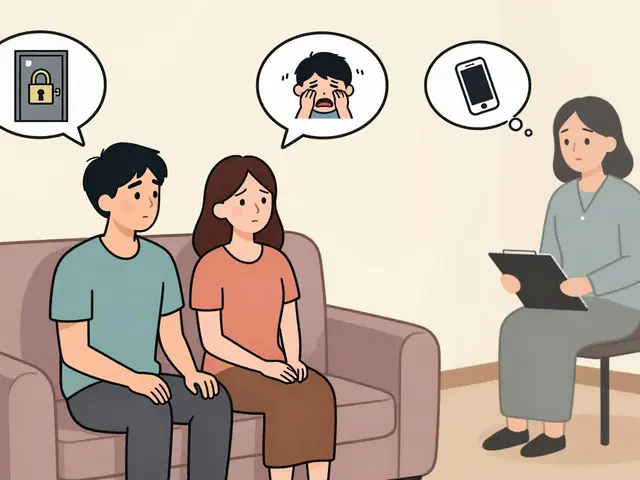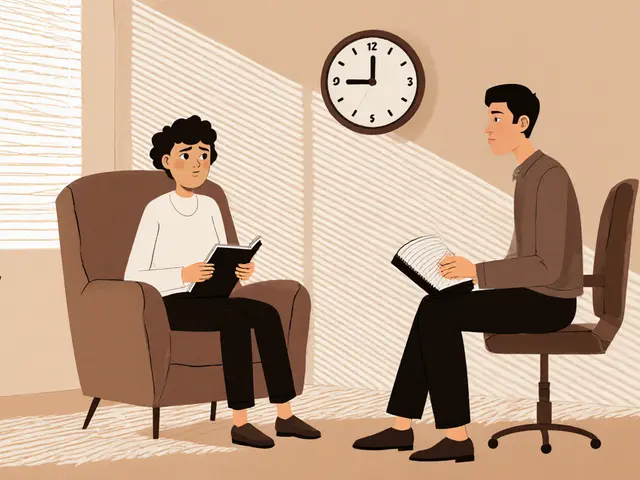Terapeutický jídelní plán: Jak strava ovlivňuje duševní zdraví
When you think of therapy, you probably imagine talking on a couch. But what if your terapeutický jídelní plán, strukturovaný přístup k výživě, který podporuje duševní stabilitu a zpracovává emocionální zátěž. Also known as výživová terapie, it is not about losing weight or eating perfect meals — it’s about helping your brain and body recover together. Your gut doesn’t just digest food. It talks to your brain — constantly. And when you’re struggling with anxiety, depression, or trauma, what you eat can either quiet the storm or fan the flames.
Many clients come to therapy feeling broken inside, but they don’t realize their daily meals might be working against them. Sugar spikes crash your mood. Processed fats dull your focus. Lack of protein weakens serotonin production — the chemical that helps you feel calm. A terapeutický jídelní plán, osobní přístup k jídlu, který je integrován do psychoterapeutického procesu doesn’t force you to eat kale every day. It helps you find foods that make you feel more grounded, less reactive, and more in control. Think of it as fuel for your nervous system. When your body isn’t fighting inflammation or blood sugar rollercoasters, your mind has space to heal.
This isn’t just theory. Studies from Czech clinics show that clients who combine therapy with simple dietary adjustments — like adding more omega-3s, reducing caffeine, or eating regularly — report faster emotional stabilization. They sleep better. They cry less during sessions. They feel less overwhelmed by everyday stress. The výživa při úzkosti, konkrétní stravovací strategie, které snižují fyziologickou reaktivitu těla isn’t about magic foods. It’s about consistency. About eating something real every few hours. About giving your body what it needs to stop screaming for safety.
And it’s not just for depression or anxiety. People recovering from trauma often lose their appetite — or turn to food as a substitute for comfort they can’t find elsewhere. A výživa při depresi, stravovací plán navržený k obnově energie, nálad a biologického rytmu helps rebuild that connection. It’s not about willpower. It’s about relearning how to listen to your body again. When you eat with awareness, you’re not just feeding yourself — you’re practicing self-care in its most basic form.
You won’t find a one-size-fits-all plan here. That’s not how healing works. But in the articles below, you’ll find real stories and practical tips from therapists and clients who’ve seen how food changes the game. From simple breakfast routines that stop morning panic attacks, to how magnesium-rich snacks calm nighttime anxiety, to why skipping meals makes trauma flashbacks worse. These aren’t diet tips. They’re survival tools — quiet, powerful, and often overlooked.

Návrat k normálnímu jídlu po poruchách příjmu potravy: Terapeutický jídelní plán krok za krokem
- Od : Molly Mortimer
- Datum : čec 15 2025
Návrat k normálnímu jídlu po poruchách příjmu potravy je dlouhý, ale možný proces. Terapeutický jídelní plán není dietou, ale nástrojem k obnovení důvěry k tělu. Krok za krokem se naučíš jíst bez strachu, obnovíš přirozený jídelní režim a znovu objevíš život mimo jídlo.




